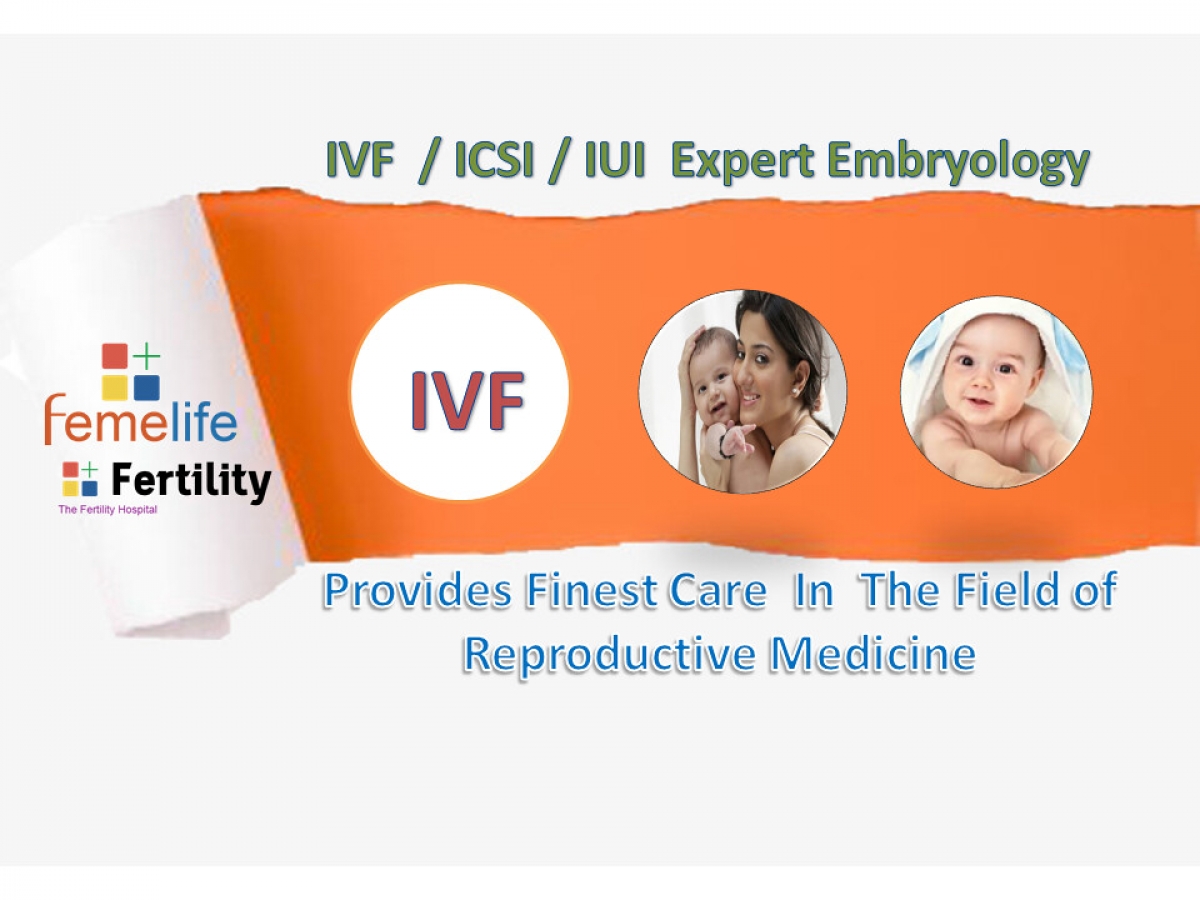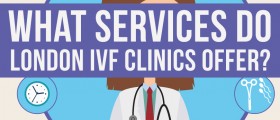IVF success rates depend on many factors, including age and health. Every woman who is about to undergo invitro fertilization is aware that the first IVF cycle may not result in a pregnancy, even if many good-quality embryos were created and several were implanted. But at which point should you say that enough is enough?

The question of how many IVF cycles a woman can have should be approached from various angles. How many cycles are medically safe, and in what circumstances? How many cycles will your insurance policy cover, or how many can you afford to pay out of pocket?
And how do these cycles of IVF affect your emotional wellbeing, and your relationship?
Non-medical concerns carry immense importance when a couple is deciding whether to continue with IVF. But the financial and emotional aspects of fertility treatments are up to the individual to decide. When it comes to medical questions, you have a partner your fertility clinic.
How many cycles are medically safe?
This depends on different things, like whether you still have embryos from a previous cycle, or need to go through ovarian stimulation again, to harvest eggs another time. It is of course best to discuss these questions with your medical team, asking concrete questions like:
- What are my chances of pregnancy during this cycle?
- What are the reasons the last cycle failed?
- What are the risks of continuing with IVF during the next cycle?
Recent research does show that the general success rates of IVF in every age group are higher when a woman has six cycles than when she has three cycles of IVF. There are those who continue even beyond that, including a blogger who got pregnant after 11 cycles. There are also those who discover underlying reasons why the IVF didn't work (maternal antibodies attacking the embryos, to name one example), and decide to discontinue.


_f_280x120.jpg)













Your thoughts on this
Loading...